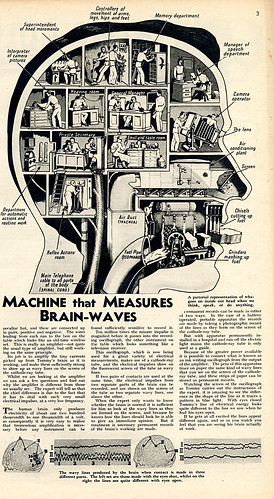Are rich people more or less likely to get mental disorders?
.Context There has been increasing concern about the impact of the global economic recession on mental health. To date, findings on the relationship between income and mental illness have been mixed. Some studies have found that lower income is associated with mental illness, while other studies have not found this relationship.
Objective To examine the relationship between income, mental disorders, and suicide attempts.
Design Prospective, longitudinal, nationally representative survey.
Setting United States general population.
Participants A total of 34 653 noninstitutionalized adults (aged  20 years) interviewed at 2 time points 3 years apart.
20 years) interviewed at 2 time points 3 years apart.
Main Outcomes Lifetime DSM-IV Axis I and Axis II mental disorders and lifetime suicide attempts, as well as incident mental disorders and change in income during the follow-up period.
Results After adjusting for potential confounders, the presence of most of the lifetime Axis I and Axis II mental disorders was associated with lower levels of income. Participants with household income of less than $20 000 per year were at increased risk of incident mood disorders during the 3-year follow-up period in comparison with those with income of $70 000 or more per year. A decrease in household income during the 2 time points was also associated with an increased risk of incident mood, anxiety, or substance use disorders (adjusted odds ratio, 1.30; 99% confidence interval, 1.06-1.60) in comparison with respondents with no change in income. Baseline presence of mental disorders did not increase the risk of change in personal or household income in the follow-up period.
Conclusions Low levels of household income are associated with several lifetime mental disorders and suicide attempts, and a reduction in household income is associated with increased risk for incident mental disorders. Policymakers need to consider optimal methods of intervention for mental disorders and suicidal behavior among low-income individuals.
Source: “Relationship Between Household Income and Mental Disorders, Findings From a Population-Based Longitudinal Study” from Arch Gen Psychiatry. 2011;68(4):419-427.
You can also subscribe via Twitter, email, or RSS. Check out the site’s most popular posts of all time.
Related posts:
How to quickly and easily become a better person
How to quickly and easily improve performance on tests
How to quickly and easily reduce heartache
An easy way to lower your cholesterol that’s a lot of fun
How to quickly and easily make people like you more
How to add meaning to your life
Another way to improve your memory





